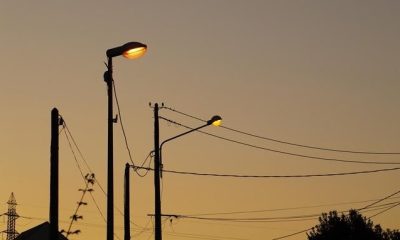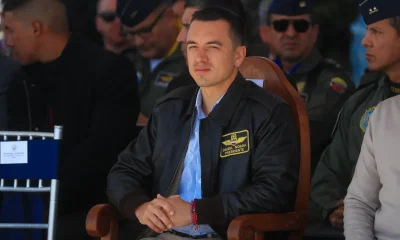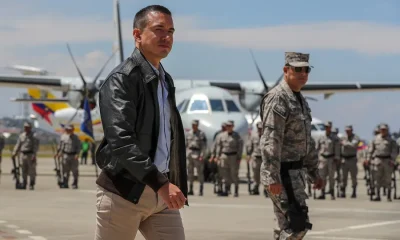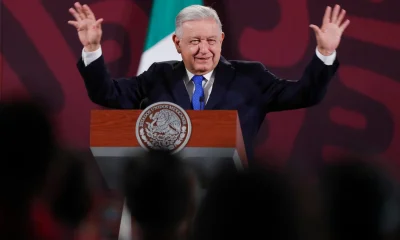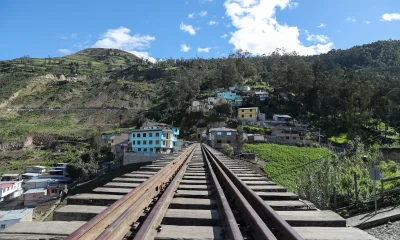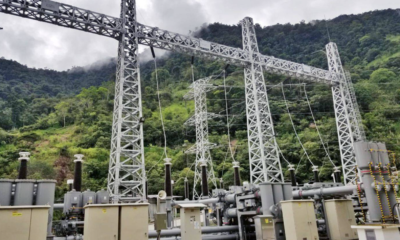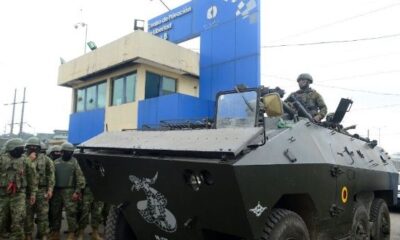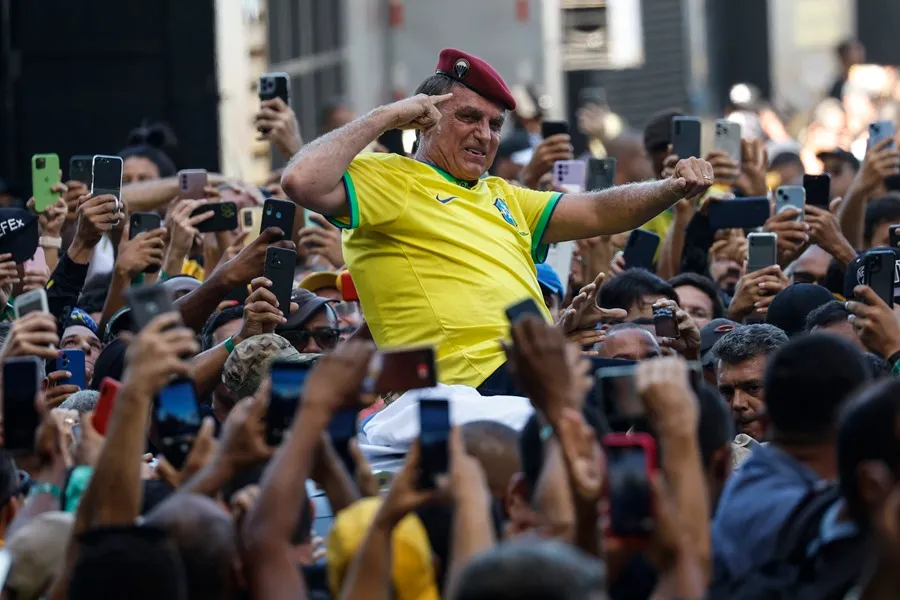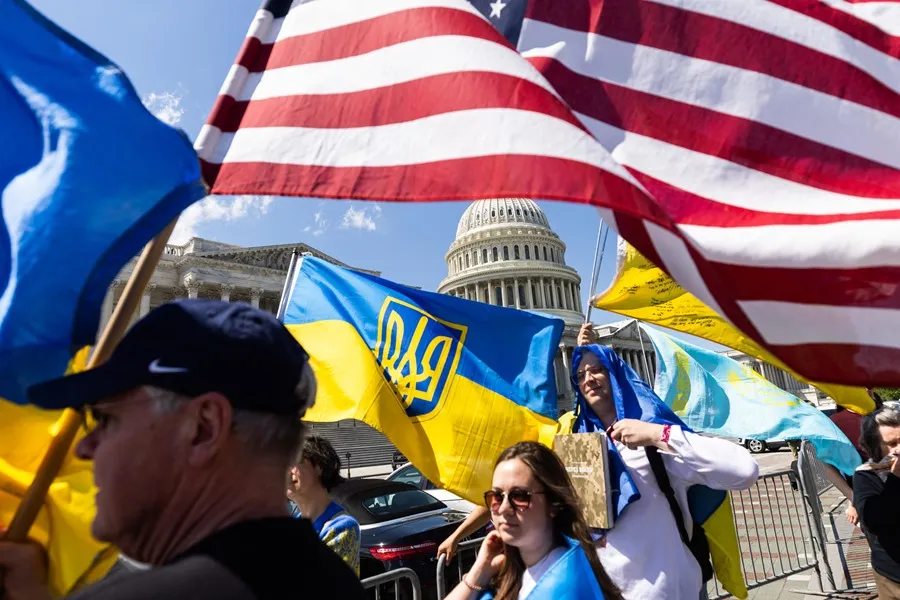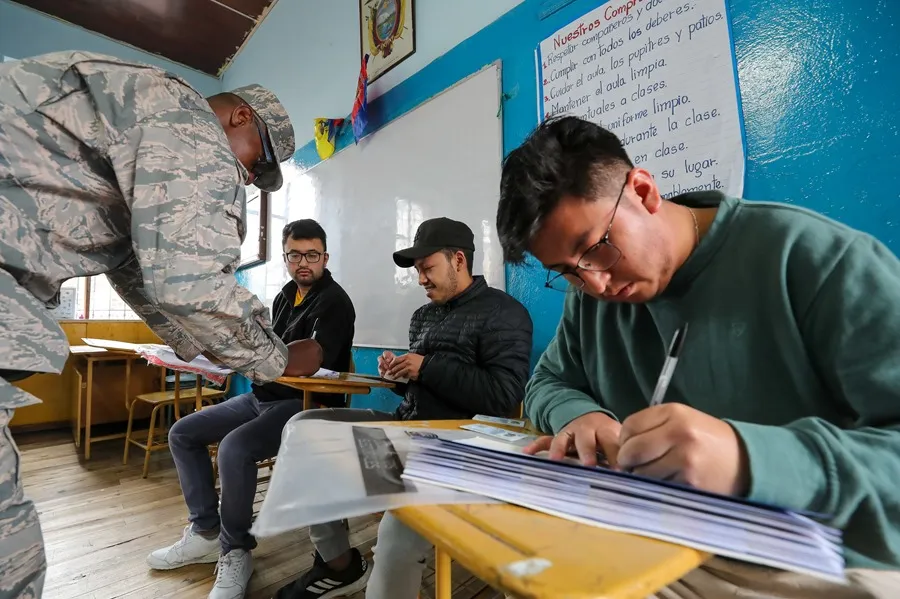International
Ecuador’s CNE approves funds for early elections
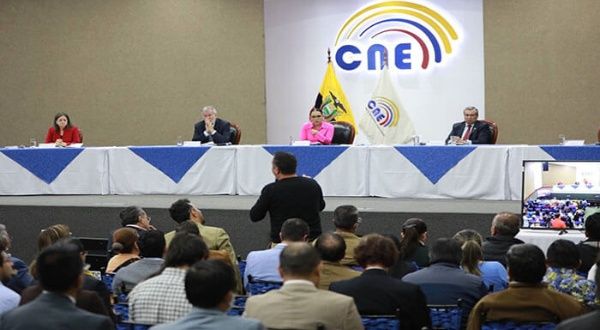
International
Bolsonaro exalts the tycoon Elon Musk for defending freedoms, in front of a crowd in Rio
International
Russia assures that Ukraine will lose the war despite the new US military aid package
International
60% of participation ninety minutes before the closing of the vote in Ecuador
-

 International5 days ago
International5 days agoArgentina asks to be a “global partner” of NATO
-

 Central America5 days ago
Central America5 days agoGuatemala’s anti-corruption commissioner, Santiago Palomo, says that the State is in a “critical” condition
-
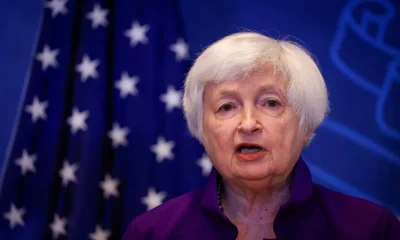
 International5 days ago
International5 days agoThe US announces new sanctions against Iran for the attack on Israel
-
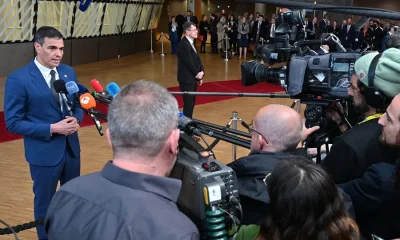
 International5 days ago
International5 days agoSpain will recognize Palestine as a State in a few weeks even if other countries do not follow it
-
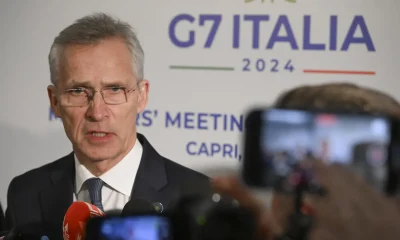
 International5 days ago
International5 days agoStoltenberg calls on the NATO bloc to “urgently” offer anti-aircraft systems to Ukraine
-
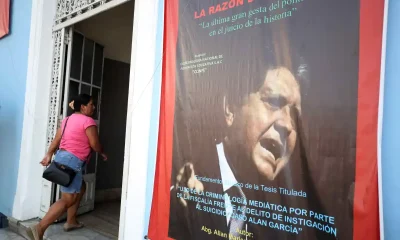
 International5 days ago
International5 days agoThe figure of Alan García is blurred in Peruvian politics five years after his death
-
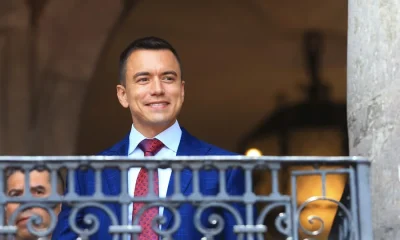
 International3 days ago
International3 days agoNoboa decrees a new state of emergency in Ecuador due to the serious energy crisis
-

 International3 days ago
International3 days agoForeign ministers of Colombia and Argentina settle crisis and open a “new moment” in the relationship
-
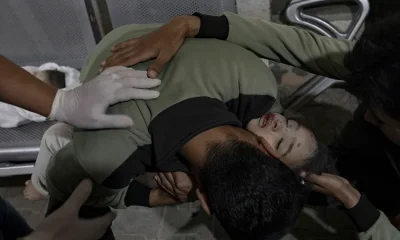
 International3 days ago
International3 days ago37 people killed in Gaza in Israel’s attacks in the last 24 hours
-
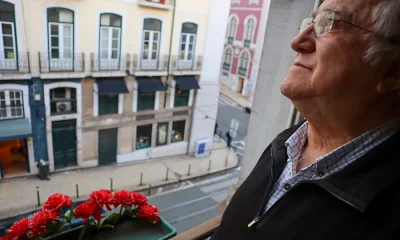
 International3 days ago
International3 days agoThe world needs a new Carnation Revolution, defends one of its architects
-
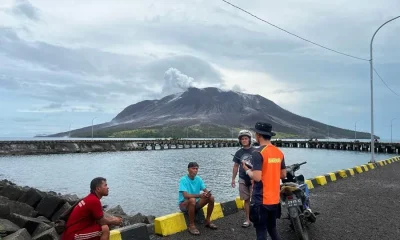
 Internacionales5 days ago
Internacionales5 days agoIndonesia warns of a potential tsunami following the eruptions of the Ruang volcano
-

 International5 days ago
International5 days agoIran warns that it could review the civilian use of its nuclear doctrine for Israeli threats
-

 International3 days ago
International3 days agoTen development banks pledge to boost lending by up to $400 billion to aid climate initiatives
-
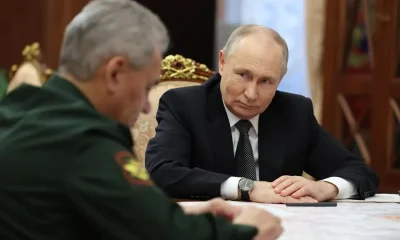
 International3 days ago
International3 days agoRussia announces the creation of a center for the design and production of assault drones
-

 International3 days ago
International3 days agoArgentine Federal Police arrest man for repeated death threats against President Javier Milei
-
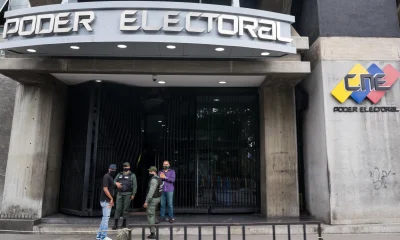
 International3 days ago
International3 days agoMajority anti-chavista alliance ratifies González Urrutia as a presidential candidate in Venezuela
-
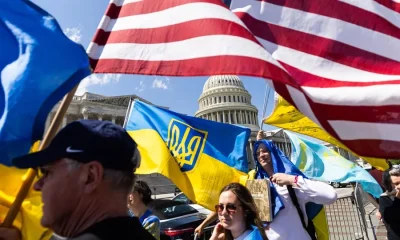
 International2 days ago
International2 days agoRussia assures that Ukraine will lose the war despite the new US military aid package
-
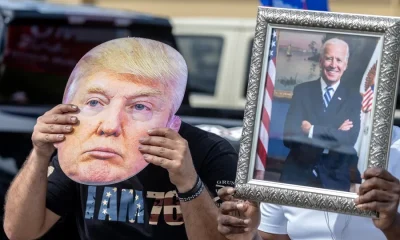
 International2 days ago
International2 days agoBiden cuts Trump’s advantage in the presidential race to two points, according to a poll
-
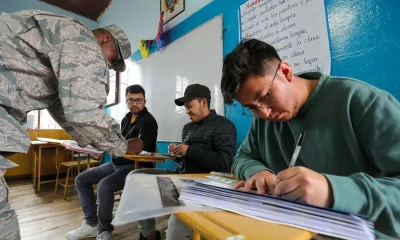
 International2 days ago
International2 days ago60% of participation ninety minutes before the closing of the vote in Ecuador
-
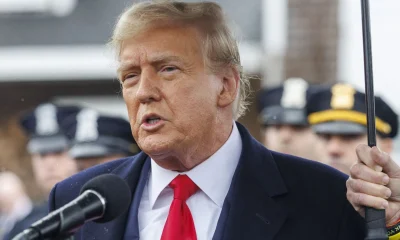
 International2 days ago
International2 days agoThe phase of initial allegations in the criminal trial of Trump in New York begins on Monday
-
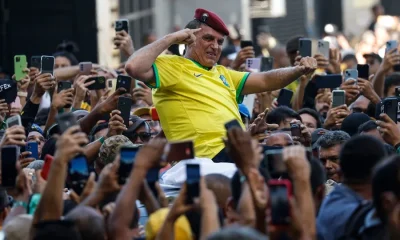
 International2 days ago
International2 days agoBolsonaro exalts the tycoon Elon Musk for defending freedoms, in front of a crowd in Rio
















